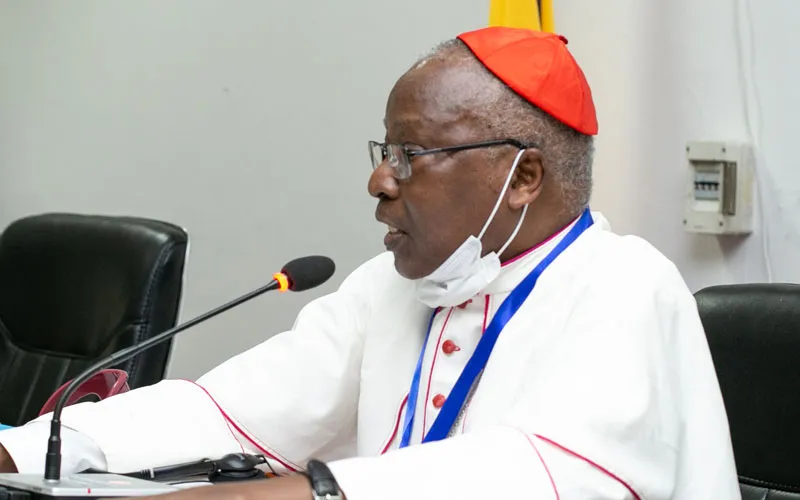Accra, 28 July, 2022 / 10:00 pm (ACI Africa).
The leadership of the Symposium of Episcopal Conference of Africa and Madagascar (SECAM) has challenged political leaders in Africa to live up to their pledge to end violent conflicts on the continent that they said would be realized by the year 2020.
In 2017, the African Union (AU) Peace and Security Council adopted the Master Roadmap of Practical Steps to Silencing the Guns by 2020.
The initiative recognized that “beyond the ongoing political and military efforts, there is a need for structural interventions in the area of socio-economic development, to allow for issues of governance, youth and women, employment and education, climate change and other pertinent factors to play constructive roles in the efforts to silencing the guns in Africa.”
In his address during the opening ceremony of the July 25 – August 1 meeting of Catholic Bishops in Africa taking place in Ghana’s capital city, Accra, the President of SECAM, Philippe Cardinal Ouedraogo, made reference to the pledge that Africa’s political leaders made five years ago.
“African political leaders pledged in May 2017 to end conflict and silence guns on the continent by 2020, so that people can live in peace,” Cardinal Ouedraogo said on Tuesday, July 26.








